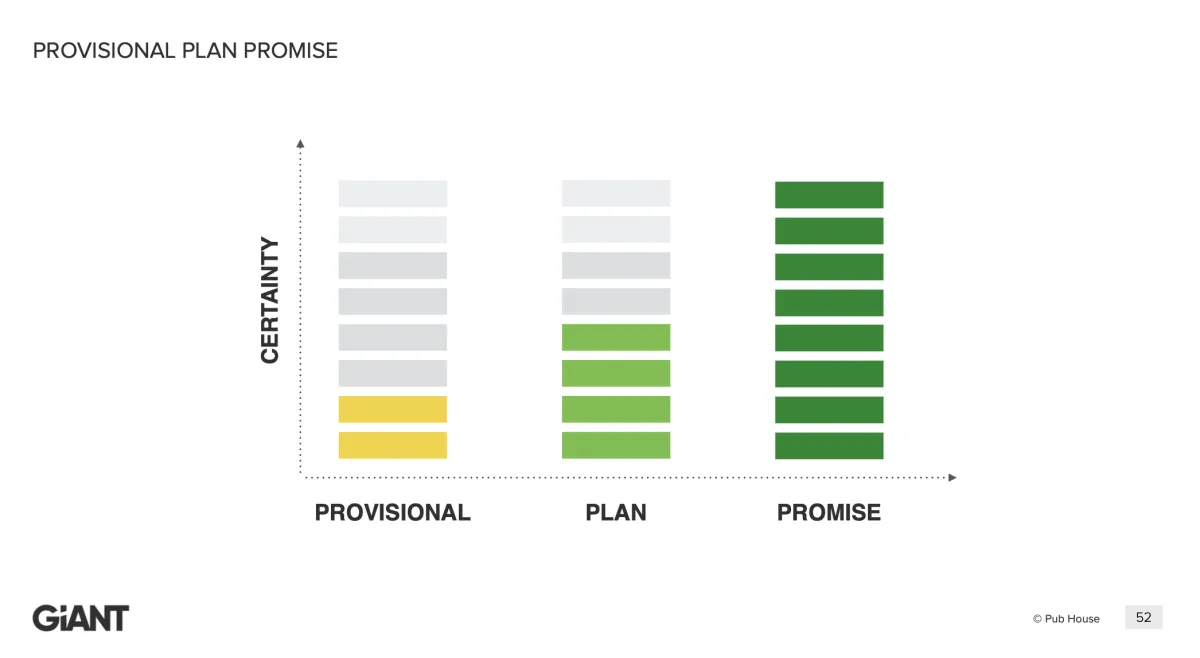Read Our Latest Blogs
A combination of Newsletters, Best practices, and Adventures

Setting Clear Expectations for Your Family
Have you ever told your kids or spouse something, only to have them completely misunderstand what you meant? It happens more often than we realize. Most of the time, the problem isn’t that they aren’t listening—it’s that we’re not being clear about what we’re saying.
That’s where the Provision, Plan, Promise framework comes in. This simple communication tool helps you clearly define expectations so there’s no confusion about what’s an idea, what’s a plan, and what’s a firm commitment.
The Importance of Clear Communication
When expectations are unclear, misunderstandings happen. The way we communicate can either strengthen trust or create unnecessary frustration. Knowing the right approach for each situation helps your family function with less stress and more confidence.

1. Provision: Thinking Out Loud
Provision means sharing ideas, brainstorming, and discussing possibilities without committing to any action. It’s a way to explore different options before making a decision.
Example: “I’ve been thinking we should take a family trip next summer. What do you guys think?”
This invites discussion and feedback without anyone assuming the decision has already been made.
2. Plan: Moving Toward Action
Plan means a decision has been made, but the details are still being worked out. It’s more than just an idea, but it’s not a final commitment yet.
Example: “We’ve decided to go on a trip next summer. Over the next few weeks, let’s look at some destinations and compare options.”
This ensures everyone understands the direction while leaving room for adjustments.
3. Promise: Committing to a Decision
Promise is a firm commitment. Everyone involved understands that this will happen, and they can rely on it.
Example: “We’ve booked our family trip for July 10-17. Start packing your bags!”
At this stage, expectations are set, and everyone knows what to prepare for.
How to Use This in Your Family
Be clear when discussing ideas. Use phrases like “I’m just thinking out loud” or “This is just an idea” when in the Provision stage.
Clarify when something is becoming a plan. Say “We’re moving forward with this, but we’re still working out the details.”
Make promises carefully. If you say something is a promise, follow through to build trust and reliability in your family relationships.
Bringing It All Together
Many family conflicts happen simply because expectations weren’t communicated clearly. Using Provision, Plan, and Promise helps ensure everyone is on the same page, reducing frustration and improving trust at home.
Try this: In your next family conversation, label what stage you’re in—Provision, Plan, or Promise. See how it changes the way your family responds!

© 2023 Six Summers - All Rights Reserved
support@sixsummers.com
405 888 9274
